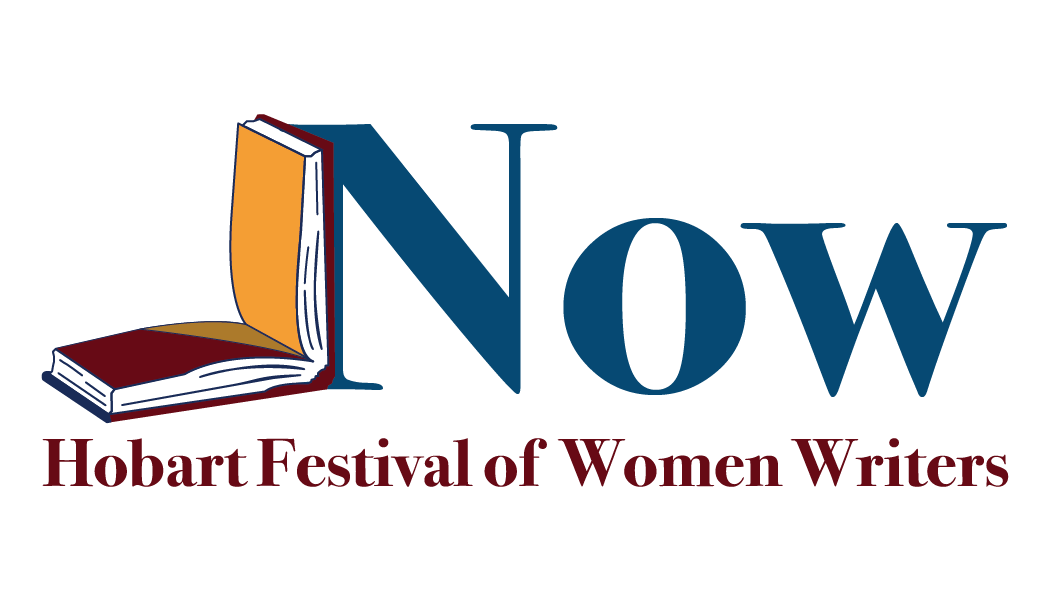Diseases of the Body and Soul of a Nation
Dahlma Llanos Figueroa
More than ever, this current health crisis has reaffirmed to me that we are all one world. We have all been asked to give up much of what we valued in our old way of life: mobility, shared space, physical contact, employment, a caress, a hug, a kiss, so many things that we took for granted.
At first, the world seemed to have turned into a bad science fiction movie just outside my window. If I had written this in a book, it would never have been published because what was happening was so unbelievable. It took a good two weeks for me to rebound from my initial disbelief and outrage at the lack of leadership and boldfaced lying I watched on my TV screen. I lost my words. I couldn’t write at all. As time passed, it became obvious that this disaster would take some time to resolve.
In living through this “new normal,” I also had to learn new skills. I am a technophobe. Machines, especially computers, are not my thing. I use them when I have to but prefer not to. However, if I wanted to fulfill my responsibilities, I had to learn to use Zoom, a new word in my world of words. I’ve done readings online and attended book group discussions and lectures, and even led a panel discussion, all on Zoom. I suppose my biggest challenge and significant achievement has been learning to do old things in new ways, kicking and screaming, but finally adapting.
And just when the wail of the ambulance sirens and the infection rates and the death rates have begun an encouraging downward trend, we watched the horrendous murder of George Floyd on the evening news. Again I lost my words. The boldfaced, callous brutality and savage behavior of those officers were beyond understanding. For anyone from the African diaspora, the killing of black people with impunity is not news. It has happened repeatedly for hundreds of years. I base much of my writing on the brutality of racism against Black people, here and in other societies. But the callousness of those men who seemed to almost dare the viewer to do anything about their actions was beyond the pale. And it must have seemed so to many thousands of Americans.
I lived through the civil rights movement of the 1950s and 1960s and I have never seen the explosion of civil outrage that has cut across cultural, ethnic, linguistic, and generational lines. Night after night I watched my fellow Americans renounce and repudiate the actions of those policemen.
As days went by, the continued disregard of the Trump administration became hate-filled attacks on people who were exercising their right to protest. Eventually that led to the threat of our own military being deployed against our own citizens. The supposed leader of our nation took this opportunity, this moment, to release a tirade against those local leaders who acknowledged the long-held pain and suffering of their citizens. He took this time to threaten and accuse and belittle.
As has happened in the past, groups have emerged who have used this moment of civil rights demands for justice as a cover for their own nefarious intent; infiltrators who burn and loot the stores of the very people who have already been victimized on so many levels. Do not let their violent and cowardly actions divert you from the true message of this People’s demonstration.
Within the span of a few months, I have again learned how to deal with a new world. As a senior who can’t walk very far or run or even stand for hours, like those who have taken to the streets in peaceful protest, I had to find a new way to raise my voice against injustice. I’ve learned about caravans that can take me along a route to support our children, the young people who are leading the way. I can make calls, write placards and use words to decry the heartlessness, self-interest and ego-driven actions that threaten our society.
The pandemic has not abated. Numbers of infected people continue to rise nationwide. That pandemic now seems a metaphor for the deep-seated, national epidemic of racism, which is killing us just as much as the unseen but ever-spreading Covid-19.
And yet I am hopeful. I see Americans of all colors, all languages, and all ages joining hands against a common enemy. I see the destructive ones, but their actions are outweighed by the ones who clean up their mess and return to demonstrate again and again until some action is taken to begin to heal the offenses of the past. And that too may be a metaphor. Perhaps once we heal the infections from within, we will be better able to battle those from without.
Yes, we are all one. It is evident to anyone who watches a television screen or follows the online posts. The big lesson is that the only way to build a better future is by eradicating the diseases of the past, the injustice and inequality that has divided our society for hundreds of years. Yes, we must continue to hold hands across the things that divide us and embrace those that unite. And yes, we must do better.
Namaste,
Aché and God Bless
Dahlma Llanos-Figueroa
